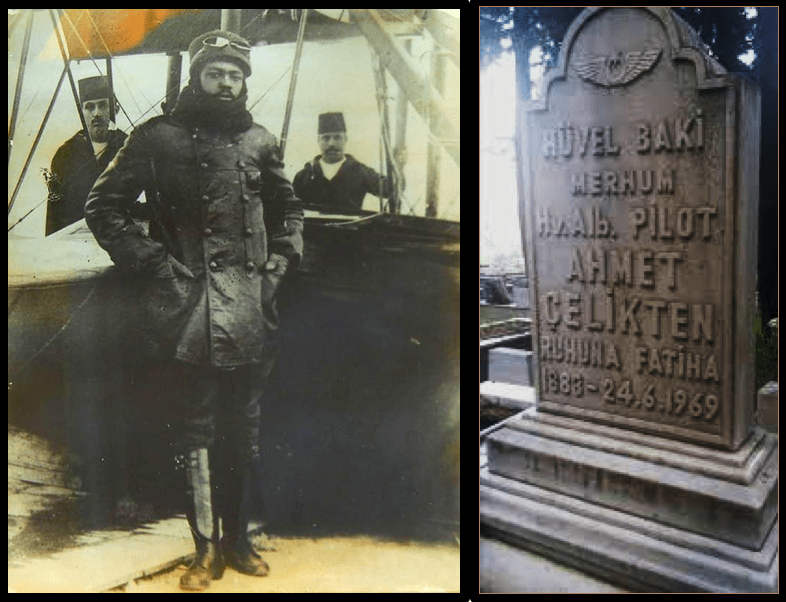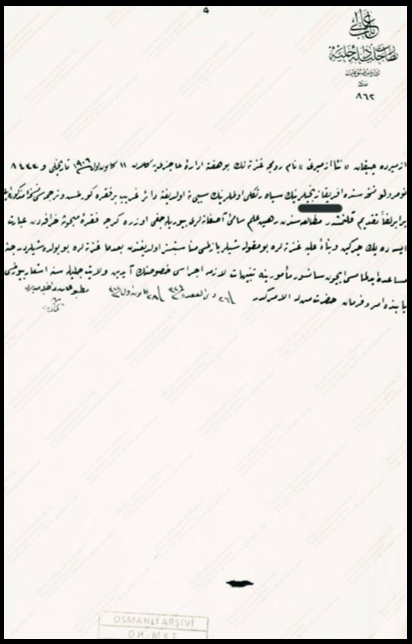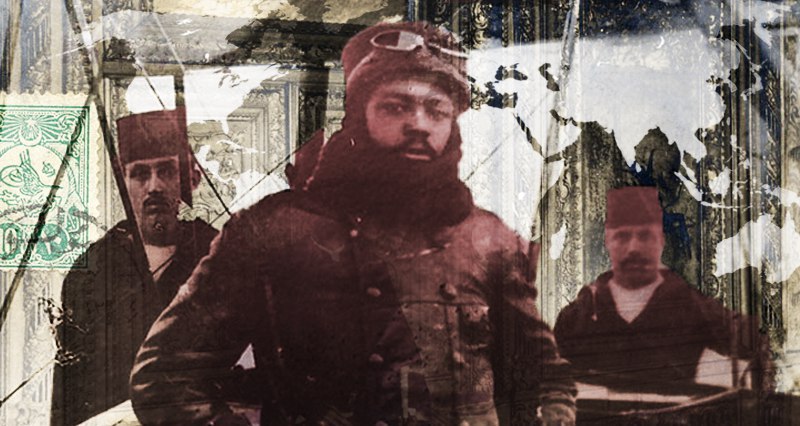People of diverse origins have lived in Turkey under the same umbrella for centuries. Armenians, Greeks, Jews and many other ethnic groups have contributed to Turkish civilization, which created harmony in the Ottoman socio-political sphere. After the French revolution, several nations claimed independence from the multinational states they had lived under. This was a major threat for the multinational empires such as the Ottoman Empire. First, the Greeks led uprisings and claimed independence from the Ottoman Empire, which they achieved in 1821. Later, the Bulgarians, Albanians, Armenians, Arabs and others followed suit. If one looks at the first independence movement against the Ottoman Empire, it is clear to see that Western influence was always there to provoke the nationalists against the Ottomans. This is not because the West loved independent states, but because it wished to damage the unity of the Ottomans, which had always been seen as a threat to a predominantly Christian Europe.[1]
Today, it is commonly known that British spy Lawrence of Arabia served this mission in the Middle East.[2]
Despite this, when the Ottoman Empire lost its provinces in Caucasia, the Balkans and Northern Africa, people from various nations immigrated to Ottoman soil and were accepted as Ottomans citizens. Archival documents highlight that when France occupied Algeria in 1830, the Ottoman Empire accepted Algerian refugees as Ottoman citizens and settled them in Anatolian cities such as Mersin, Adana and Izmir.[3] Among those people were the Afro-Ottoman people, also called Afro-Turks.[4]
In Ottoman law, there was no classification based on race or skin colour. The Constitution identified people in terms of their religious identity. They could either be Muslim or Zimmi. Zimmi is a historical term referring to non-Muslims living in an Islamic state with legal protection. The Zimmi people included non-Muslims like the Armenians, Jews or Greeks paid different tax from Muslims citizens and were exempted from military service, which was compulsory for all Muslim citizens.[5] These non-Muslim groups might be considered a minority in the Ottoman Empire. However, some journalists falsely claimed that Afro-Turks or Kurdish people are also minorities in Turkey.[6] Afro-Turks or Kurds were never regarded as a minority because they belonged to the Muslim majority, which was clearly stated in the Ottoman Law but also in the Turkish constitution. Basically, according to Ottoman law, an Afro-Turk, Kurd or Oguz Turk was treated equally in the Ottoman State. This is how the Afro-Turk, Ahmet Ali Celikten, found an opportunity to become the first black pilot in the World. Like him, many other commanders of African origin worked in the Ottoman army as lieutenants or high rank soldiers.[7]

The First Black Pilot of the World, Ottoman Lieutenant Ahmet Ali Çelikten 1883-1969
Furthermore, I would like to highlight that the Ottoman Empire did not allow any racist attitude towards Afro-Turks. For example, there was an issue in a Greek newspaper, found in the Ottoman archive, which had published an article against Afro-Turks in Izmir in 1906. The Ottoman government immediately and formally warned the newspaper against such content. Despite granting permission to Ottoman Greeks to publish newspapers in their mother language, the Ottoman government was quite sensitively controlling the groups for state welfare.[8]

Regarding a warning from the Ottoman Government to the Greek newspaper Ni-Smyrna in Izmir
(Ottoman State Archives, DH. MKT. 1141/44, 1906)
It therefore seems that the beautiful mosaic of the Turkish nation is being represented as a disadvantage for the Republic in the media, though those interviewed themselves acknowledge that they have not experienced any racism on the part of the State. Turkey prides itself on its multi-ethnic diversity and its identity is more meaningful and beautiful with the Kurds, Laz, Bouchnak and Afro-Turks included. This diversity gives a unique flavor to the Republic of Turkey with its long history of brotherhood.
Notes
[1]Tharoor, S. (2018). Inglorious empire: What the British did to India. London: Penguin.
[2] McCarthy, J. (1995). Death and exile: The ethnic cleansing of Ottoman Muslims, 1821-1922. Princeton, N.J: Darwin Press.
[3] Orhonlu, C., & Atatürk Kültür, Dil ve Tarih Yüksek Kurumu. (1996). Habeş Eyaleti: Osmanlɪ Imparatorlugu’nun Güney Siyaseti.Ankara: Türk Tarih Kurumu Basimevi.
[4] Ferguson, M. (2016). The African presence in late Ottoman Izmir and beyond.
[5] Gencoglu, H. 2018. Socio-political challenges of marginal religious groups: the Sabbatean movement as a case study. (PhD Thesis) University of Cape Town.
[6] https://www.al-monitor.com/pulse/originals/2020/06/turkey-united-states-afro-turks-join-outcry-george-floyd.html, accessed 21. 06. 2020.
[7] Gencoglu, H. “Dünya’nın ilk Afrika Kökenli Savaş Pilotu Ahmet Ali Bey – First African Military Pilot of the World” Türk Dünyası Tarih ve Kültür Dergisi2, 8-12
[8] Gençoğlu, H. (2017). Ottoman Traces in Southern Afrika: The impact of eminent Turkish emissaries.Libra.

















Leave a Reply